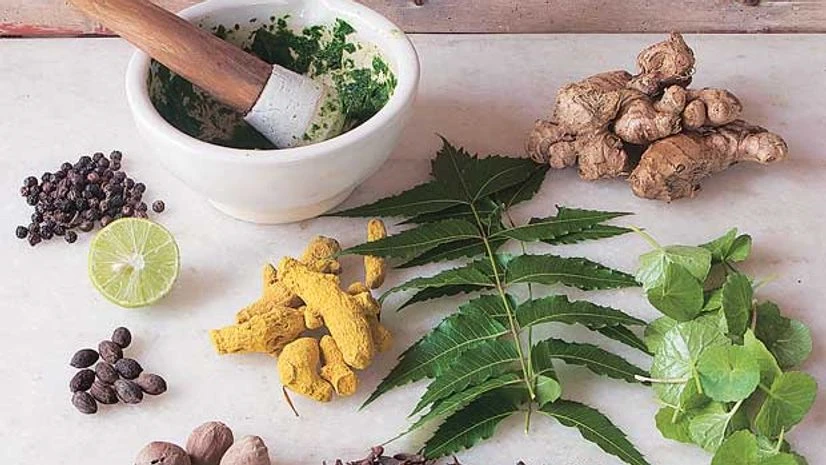A battery of innovative herbal products and formulations, and numerous patents to its credit nonetheless, the Lucknow-based National Botanical Research Institute (NBRI) still awaits commercial success.
Products developed at this Council of Scientific and Industrial Research (CSIR) facility include herbal beer, chocolate, sindoor, lipstick, cough syrup, health drink, gulal, ointment, biofertiliser and biopesticide, besides a cotton variety resistant to the whitefly pest.
Although the technology for some products was transferred to private companies, products were either not launched or were not successful commercially.
More From This Section
"We continue to develop technologies, however, commercial success largely depends upon the demand in the market," NBRI Director CS Nautiyal told Business Standard.
A herbal beer developed by the NBRI had made headlines when the technology was transferred to a Kanpur-based company for commercial launch in July 2003. The company had planned to set up a brewery in the nearby Unnao district, but the project failed to take off due to land issues. The beer never arrived in the market and the technology lies unutilised.
Several other companies, including some offshore ones, had shown interest in the beer and held negotiations with the NBRI, but nothing concrete emerged.
The beer was promoted as a herbal drink with dussehri mango as the base and an optional alcohol content of 2 per cent with the quintessential tangy and carbonated fizz of standard beer. It contains self-generated alcohol produced by fermentation of mango and medicinal herbs with yeast. It was validated as easily digestable, liver protective and immuno-enhancing. It contains properties to guard the body against peptic ulcers, anti-oxidants and compounds to strengthen the immune system.
| SUCCESS AWAITED |
|
The base of the beer was chosen as mango to provide additional benefits to the large number of mango growers in Uttar Pradesh, particularly in the Lucknow-Malihabad belt.
Most CSIR laboratories have in-house marketing cells to negotiate with companies and sell technologies developed by them. This is in addition to the New Delhi-based National Research Development Corporation (NRDC), an autonomous central government body, to market technologies developed by CSIR laboratories.
However, lack of coordination and initiative on part of the individual laboratories have caused the resultant no-show.
Other products like herbal lipstick and herbal sindoor have also not succeeded. The technology for herbal lipstick was transferred to prominent herbal products company Ayur, however, it came a cropper.
The herbal gulal technology was transferred to a couple of companies and although it is sold during Holi, it has failed to become a brand nationwide.
The NBRI was originally set up as the National Botanic Gardens (NBG) by the Uttar Pradesh government and was taken over by the CSIR in 1953 and renamed in 1978.
The institute had even developed a sugar-free supplement for diabetes in place of insulin. This could be eaten as chocolate bars and chewable tablets by diabetics.
The institute also developed a herbal chocolate that does not contain cocoa beans, sugar or carbohydrates. The chocolate is a herbal concoction and tastes similar to the commercial variety, but without any sugar content.
Yet, the NBRI has unwittingly failed to publicise its products so that it can transfer the technologies from the lab to the market.
"We present and showcase our research in biotech fairs, apart from on our website. Yes, we can be more aggressive in marketing our technologies, however, as a government laboratory we have our own limitations," Nautiyal noted.
Recently, the NBRI transferred its diabetes formulation to a Delhi-based company. It has also developed herbi-chew to replace tobacco.
Some edible products' technologies had earlier been transferred to herbal solutions company Himalaya.
"There is a need for more market-driven research to develop products according to demand. This will ensure more commercial success for new technologies and innovations," NBRI Deputy Director AKS Rawat said.

)
